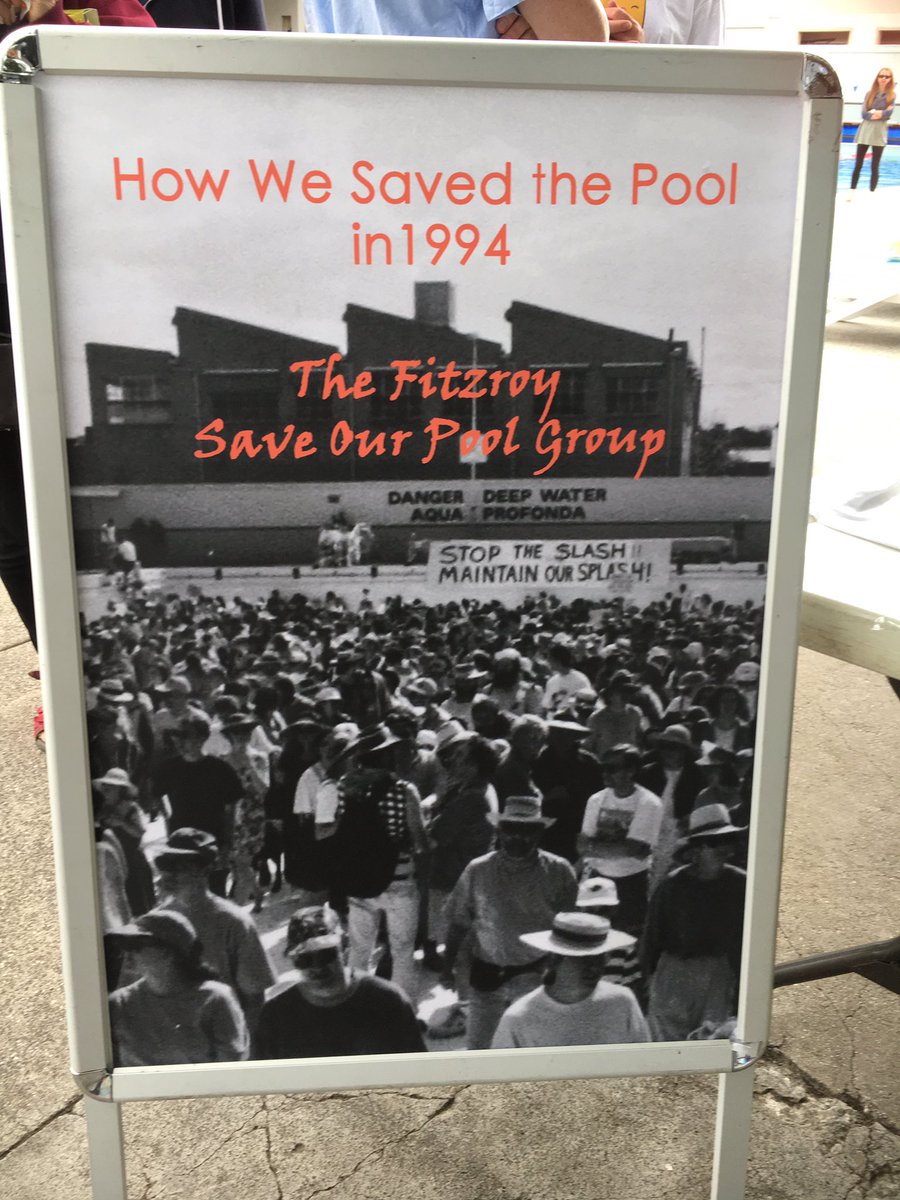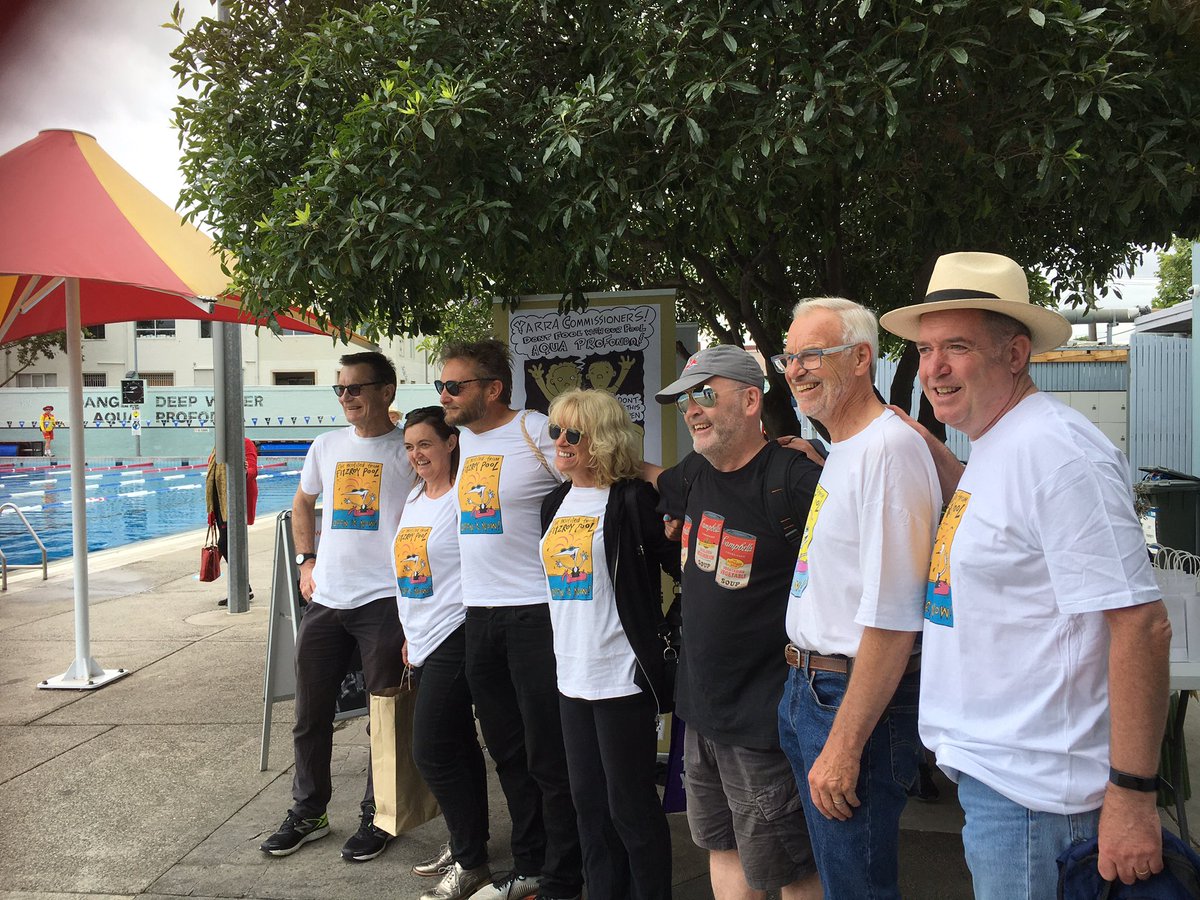defend.wikileaks.org/2020/02/25/usa…
"the secure dock now in use did not arrive until 2000. Even today, there is no statutory requirement or judicial authority requiring their use in our courts"
Keep Current with Courage Foundation
This Thread may be Removed Anytime!
Twitter may remove this content at anytime, convert it as a PDF, save and print for later use!

1) Follow Thread Reader App on Twitter so you can easily mention us!
2) Go to a Twitter thread (series of Tweets by the same owner) and mention us with a keyword "unroll"
@threadreaderapp unroll
You can practice here first or read more on our help page!






